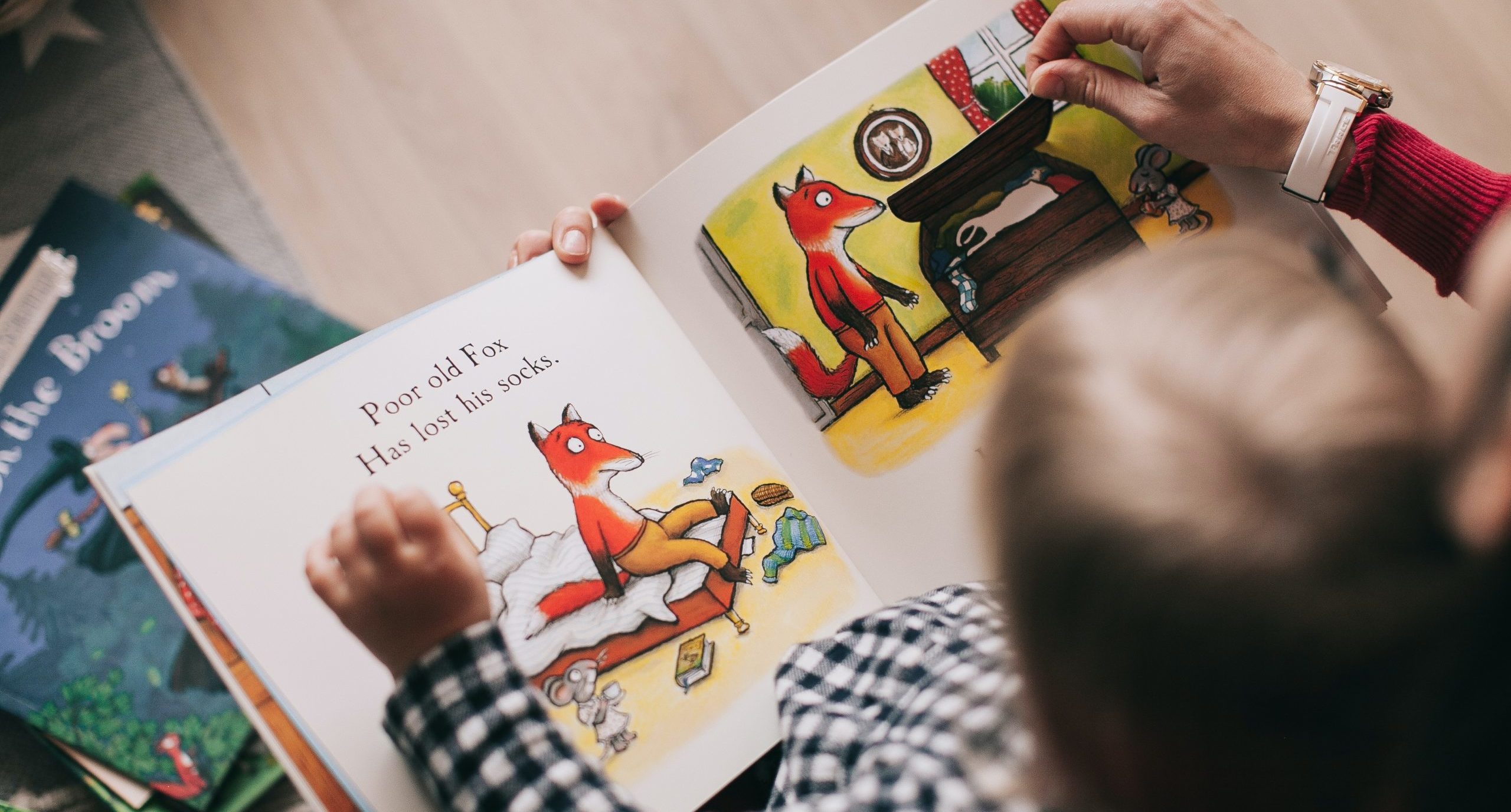Reading comprehension is more than simply being able to understand the words and language used within a text – it’s the ability to understand the meaning behind the words through nuances and vocabulary. The thing that makes reading so enjoyable!
Luckily, reading comprehension is a skill that can be taught, but it takes practice and a little patience. If your child understands language and can read but struggles to find meaning within the text, there are lots of different ways that you can help them to progress.
In this post, we’re going to look at how to improve reading comprehension and the best tips to ensure a love of reading.
Set aside time to read

Setting aside uninterrupted time to read every day will help your child to practice reading comprehension. Notice how long your child is currently able to read for without getting lost or distracted, then try adding a couple of minutes to this time per week.
Try to keep their ‘reading time’ at the same point in your schedule every day – such as immediately after school or before bed – so that they can commit and form a habit more easily.
Make a note of new words

Sometimes we can understand vocabulary due to the way it has been used within a sentence. But when we don’t know the meaning of a word, it’s still important to look up the definition for future reference and understanding.
Provide your child with a small notebook where they can note down any words that they don’t understand whilst reading. This way they can take some time after reading to research the words in a dictionary and create some flashcards – with or without your help!
Ask your child to spend a couple of minutes every day testing themselves with the flashcards and follow this with a weekly vocabulary test made up of the new words.
Read easier texts

If your child is struggling with reading comprehension, buy or borrow a few books that are slightly below the level that they’re expected to be able to read at their age. Their increased comprehension of the text will encourage them and ensure that they enjoy reading!
You can move up a level whenever they’re ready.
Try reading aloud

Even adults can struggle to understand a text when reading in silence. Suggest to your child that they read aloud if they’re having difficulty understanding the text. Hearing the words can make it easier to make sense of the context and the meaning of the text.
You might like to ask them to read you a news article whilst you make breakfast or an excerpt from their favourite book.
Spend time talking about the book

Spending some time talking about the book after reading can be an effective way to increase reading comprehension. You can ask them to tell you what happened, what they liked and didn’t like, or, if you’ve read the book yourself, specific questions about events and characters.
Guess what will happen next

Playing the “guess what will happen next” game is easy to do with any story that contains a cliffhanger or has multiple chapters. Simply ask your child to stop after one chapter or a particular page and have them write down or tell you what they think is going to happen next.
When they expect that they’re going to be asked to guess what will happen, they may find it easier to concentrate on the text.
Reread books

Rereading books is one of the best ways to improve reading comprehension. When your child has already read the text, they can focus less on the structure of the story and more on the meaning behind the sentences.
Make an event of it

Spend a little time during the weekends exploring, outside of books, the topic that your child is reading about. A trip to a museum, a farm, or the zoo could be a great way to get your child interested in the book they’re reading whilst developing a greater understanding of the subject.
You could start the day by reading about a trip to the beach, followed by lunch at the seaside and a walk on the sand to see if you can spot any of the sea creatures from the story. Once you’re back home, you might like to spend time as a family re-reading the book or looking through photos from the day to help your child make associations/notice the differences between what they saw and what they read.
The takeaway
Experiment with the tips in this article to find something that works effectively for your child. The most important thing is to make sure that your child is having fun whilst reading!
Why not treat them to their very own personalized storybook – featuring themselves as the main character – to encourage enthusiasm for reading?
If you’re looking for further help with reading comprehension, you can find a lot of in-depth articles here.






